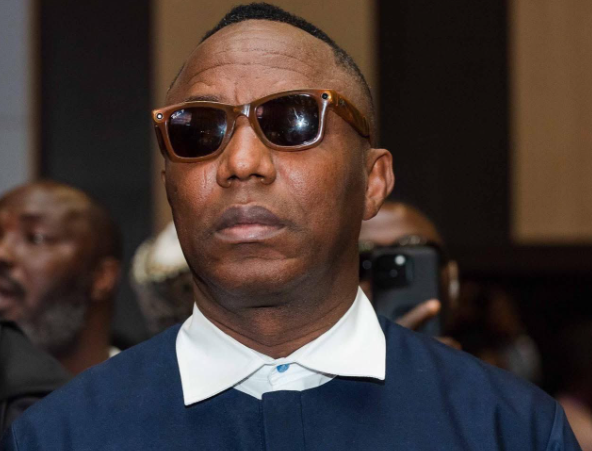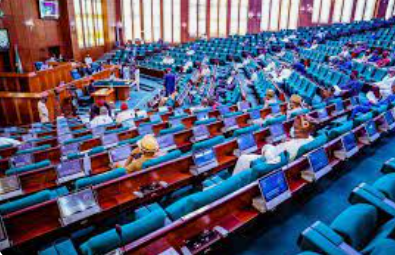
Human rights activist and African Action Congress (AAC) presidential candidate in the 2023 elections, Omoyele Sowore, has rejected a petition from the Department of State Services (DSS) demanding that he retract a social media post describing President Bola Tinubu in what the agency termed a “criminal and derogatory” manner.
The DSS, in a petition dated September 7 and signed by Uwem Davies on behalf of the Director-General, said Sowore’s August 26 post on X (formerly Twitter) was “false, malicious, and capable of inciting public disturbance, disunity and breakdown of law and order.”
The letter, titled ‘Demand for Retraction of Criminal, False and Malicious Post Publication’, directed Sowore to issue an immediate and unequivocal retraction, publish apologies in at least two national newspapers and two television stations, and submit a written representation at its Abuja headquarters within one week.
“If you fail to correct this false narrative, the Service shall, without further recourse to you, initiate measures it deems most appropriate within the ambit of the laws of the Federal Republic of Nigeria,” the petition warned.
Sowore’s defiance
Responding in a statement shared on X on Friday, Sowore dismissed the demands as “insidious, fundamentally defective, flawed in principle, and absolutely unlawful.”
“It is elementary that only the person defamed can sue. Therefore, your attempt to demand a retraction is an incompetent and unlawful attempt to hold the President’s brief,” he said.
Sowore accused the DSS of straying from its statutory mandate and acting as “a ready tool of oppression for dictatorial regimes.”
He recalled past ordeals with state security, citing his detention during a 1993 pro-democracy protest as a student leader, as well as his 2019 arrest and prolonged detention on allegations of treasonable felony, money laundering, and cybercrime. He also referenced the storming of a Federal High Court by DSS operatives to re-arrest him despite meeting bail conditions.
Freedom of expression
Citing case law, including Arthur Nwankwo v. State (1985) and IGP v. ANPP, Sowore argued that criminal defamation laws and colonial-era sedition ordinances had long been deemed unconstitutional.
“Freedom of expression is non-negotiable in a democracy,” he said. “Criticism is indispensable, and public officials must not be intolerant of dissent. Where boundaries are crossed, the remedy is civil libel, not unlawful repression.”
Sowore concluded with a defiant note: “You have no business telling me how to criticise the President. The determination of the Nigerian people to reclaim their country from thieves in power is unwavering. Freedom cometh by struggle. Aluta continua, victoria ascerta.”



